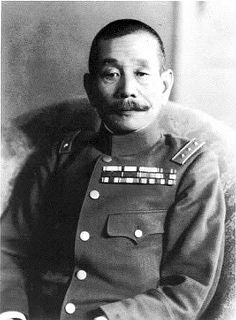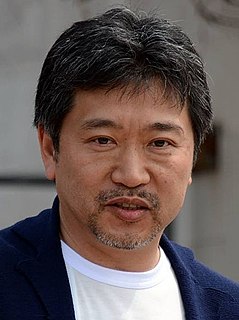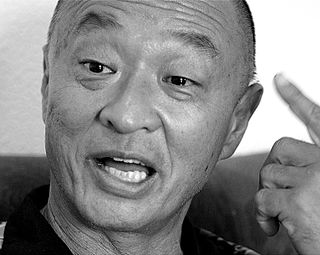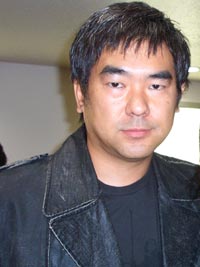A Quote by Crystal Hana Kim
My grandmother lived under Japanese colonial rule until she was nine. Korea, still united and whole, was colonized in 1910. During this period of forced occupation, Japanese teachers taught Korean students how to view the world through their imperialist language, their history, their foreign tongue.
Related Quotes
Many Japanese families moved to Taiwan during the occupation. Then, when the war ended, they were forced to move back. And at the macro level, the Taiwanese had every reason to cheer when the Japanese left. The Japanese military could often be incredibly brutal. The Taiwanese lived as second-class citizens on their own land.
It is sobering to recall that though the Japanese relocation program, carried through at such incalculable cost in misery and tragedy, was justified on the ground that the Japanese were potentially disloyal, the record does not disclose a single case of Japanese disloyalty or sabotage during the whole war.
The Japanese army is now prepared to use every means within its power to subdue its opponents. The objectives of the Japanese Expeditionary Forces are, as clearly set forth in statements issued by the Japanese Government, not only to protect the vested interests of Japan and the lives and property of the Japanese residents in the affected area, but also to scourge the Chinese Government and army who have een pursuing anti-foreign and anti-Japanese policies in collaboration with Communist influences.
My colleagues and I are of that generation of young men who went through the Second World War and the Japanese Occupation and emerged determined that no one–neither Japanese nor British–had the right to push and kick us around. We determined that we could govern ourselves and bring up our children in a country where we can be proud to be self-respecting people.
I don't believe in making movies to cater to a foreign audience. You never know what the reaction is going to be anyhow. At the time I made Maborosi, the Japanese movies getting any foreign attention were all period dramas and seemed to be about some representative element of Japanese life, and my movie was contemporary movie about one specific woman trying to understand her husband's suicide.
My mother, she's the one who's gifted with language. She can speak Japanese, of course, Tagalog, which is a Filipino dialect, Spanish as well as English. And I speak a little bit Japanese because I've had the opportunity to work alongside Japanese people. And a little bit of German, a little bit of Portuguese because of work. A little bit of French because of work. But then, if you asked me to carry-on an everyday conversation, I would fail miserably.
Playing Japanese characters and being in environments that are Japanese, like a character's apartment or whatever, if you have directors or art directors who just don't know what' s what with Japanese culture, then pretty soon something's just passed through. I've been through many times where I've pointed out the incorrectness of so much of what's been done to a set.
I brought in two genius guys from Korea. Guys who did my favorite movies like Oldboy and The Man from Nowhere. It was fun working with them. Even though they don't speak Japanese and I don't speak Korean, I knew from day one we were speaking the same language because they love my work and I love theirs. We instantly connected. There was zero frustration.

































